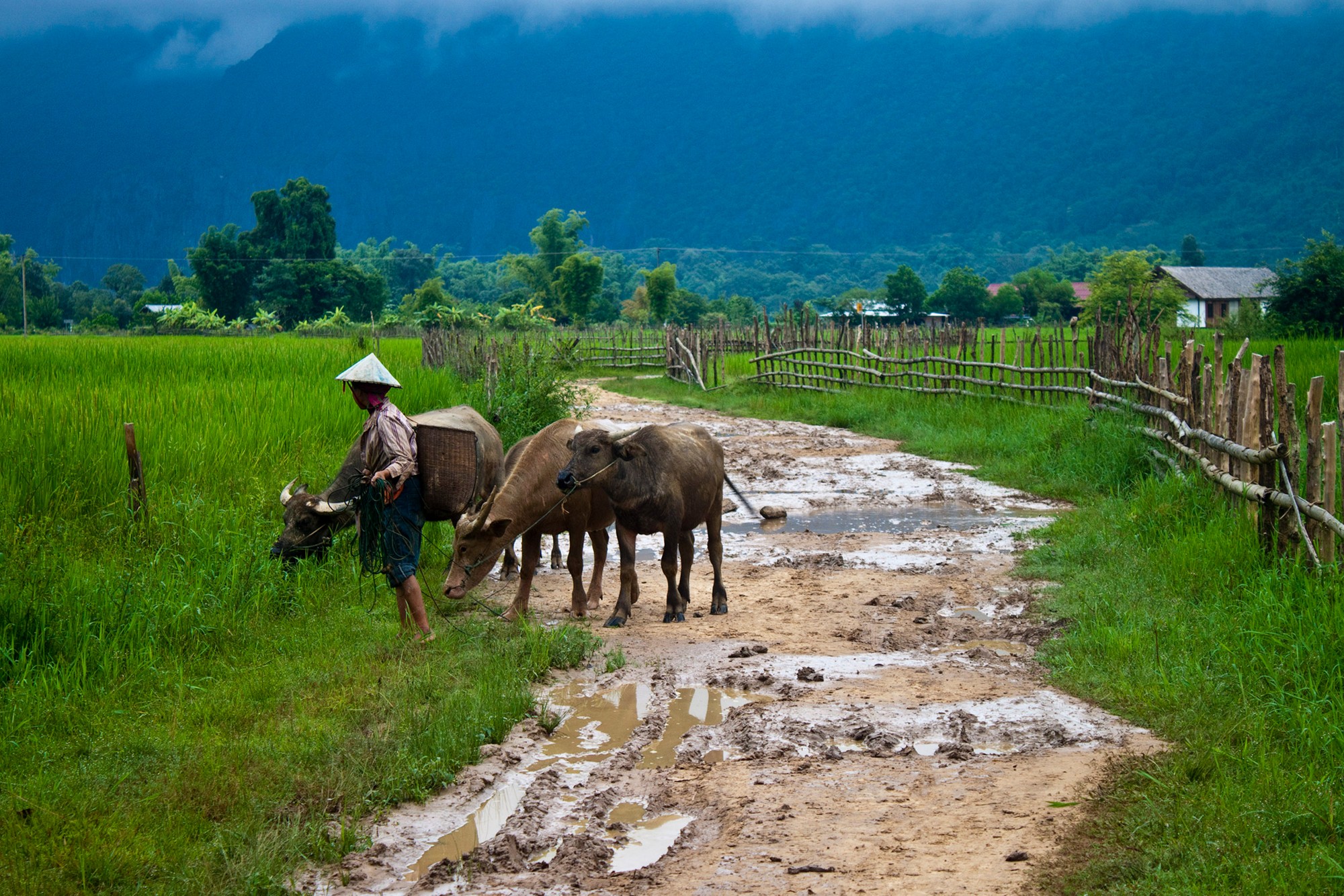Least developed countries (LDCs) face structural barriers that make them highly vulnerable to environmental and economic shocks. They confront land degradation, deforestation, biodiversity loss, and water insecurity, all magnified by climate change and fragile governance.
For more than 25 years, GEF has invested $4.68 billion to help LDCs address these challenges, yet sustaining results remains difficult. This strategic country cluster evaluation examines how LDCF helped nations move from planning to implementing adaptation actions.
Profitable income-generating activities play a vital role in the sustainability of outcomes in LDCs.

Evaluation overview
- Projects were most effective when they integrated adaptation measures, supported income-generating activities that reinforced environmental management, and incorporated gender considerations. These features strengthened local ownership and, in some cases, led to outcomes improving after completion.
- Key barriers include weak financial sustainability, fragile contexts that disrupt delivery, limited climate resilience in non-adaptation projects, and insufficient attention to land and resource rights.
- The report recommends designing projects with long-term financial and institutional arrangements, embedding climate resilience across all focal areas, and leveraging the expanded GEF partnership to strengthen support for LDCs, including small island developing states.
Methodology
The evaluation covers 1,435 projects in 47 LDCs, using portfolio review, geospatial analysis, and 12 country case studies, with cross-cutting attention to gender, resilience, and fragile contexts.





